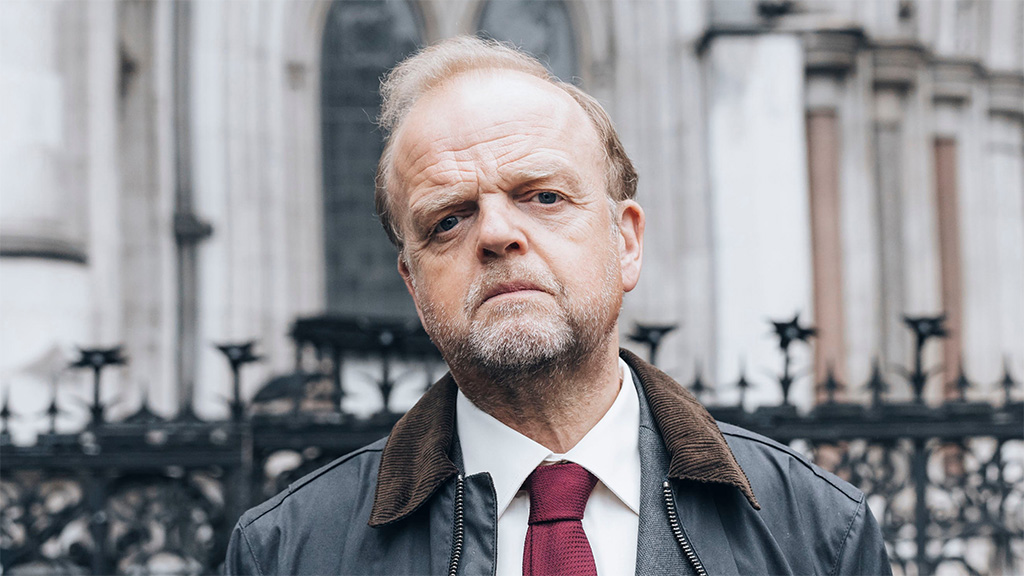A four-part drama on ITV has shown the enduring storytelling power of television. Mr Bates vs The Post Office looked like an unlikely ratings winner for ITV when it first aired on New Year’s Day but it captured the attention of the nation. It now looks likely to result in the exoneration and compensation of hundreds of Post Office workers across the United Kingdom who were falsely accused and convicted of fraud.
The scandal at the Post Office going back over two decades had previously been covered in the press and in radio and television documentaries, but the four-part dramatisation was watched by millions.
It averaged almost 10 million viewers across its four episodes, over four consecutive evenings, including viewing within seven days across all devices. Thanks to online viewing on ITVX, with the series and accompanying documentary generating 16.6 million streams, the average audience has increased to 10.9 million after 10 days. Viewing of the programme will rise further as ITV has scheduled repeats just two weeks after the original broadcast, albeit later in the evening.
That makes it the most watched programme of the year to date and the biggest new drama on British television for many years, at least since Bodyguard on the BBC in 2018.
The drama featured the true story of the eponymous Alan Bates, played by Toby Jones, who has battled with bureaucracy for twenty years to secure justice for those affected.

Gwyneth Hughes, the writer of the drama, who also makes documentaries, said that even the best documentaries appeal to your head rather than to your heart. “It’s always someone sitting there telling you something terrible that happened to them in the past, whereas in drama, you’re right there during this terrible event, experiencing it through the eyes of the person who went through it, and, in the hands of a brilliant actor, that just can grab your heart and grab your attention like nothing else.”
The programmes produced a national sense of injustice that became politically unavoidable. This true story has had a real impact, prompting the former chief executive of the Post Office to hand back her CBE and the Prime Minister to announce that hundreds of employees accused of theft, fraud, and false accounting due to defects with their Horizon computer system will be swiftly exonerated and compensated.
It is now regarded as one of the largest miscarriages of justice ever in the United Kingdom, although that phrase does not do justice to the conduct of the Post Office that used its own powers of prosecution to persecute innocent employees.
“The unwavering success of Mr Bates vs The Post Office demonstrates the undeniable power of TV, particularly public service broadcasting,” said Kevin Lygo, the managing director of media and entertainment at ITV. “Aside from it being a ratings hit, dramatising the story with such a high calibre of British actors has reignited the campaign for justice nearly 25 years on, for a group of ordinary people — and the entire nation is behind them.”
Polly Hill, the head of drama at ITV said: “We commissioned this drama because it was a story that demanded to be told. Like everyone watching the show, I couldn’t believe what had happened. We all just wanted the drama to help get that story heard by as many people as we could.”
In an era when everyone is assumed to be watching Netflix, it shows the power of a programme on a traditional television channel to break through and capture the imagination of a nation and appeal to public opinion. Those that did not see it on first transmission could hardly avoid the coverage as it was picked up by the media and led the news agenda.
This was no doubt amplified by the availability of the programme online, but it seems unlikely that it would have achieved the same success if it had only been available on demand.
